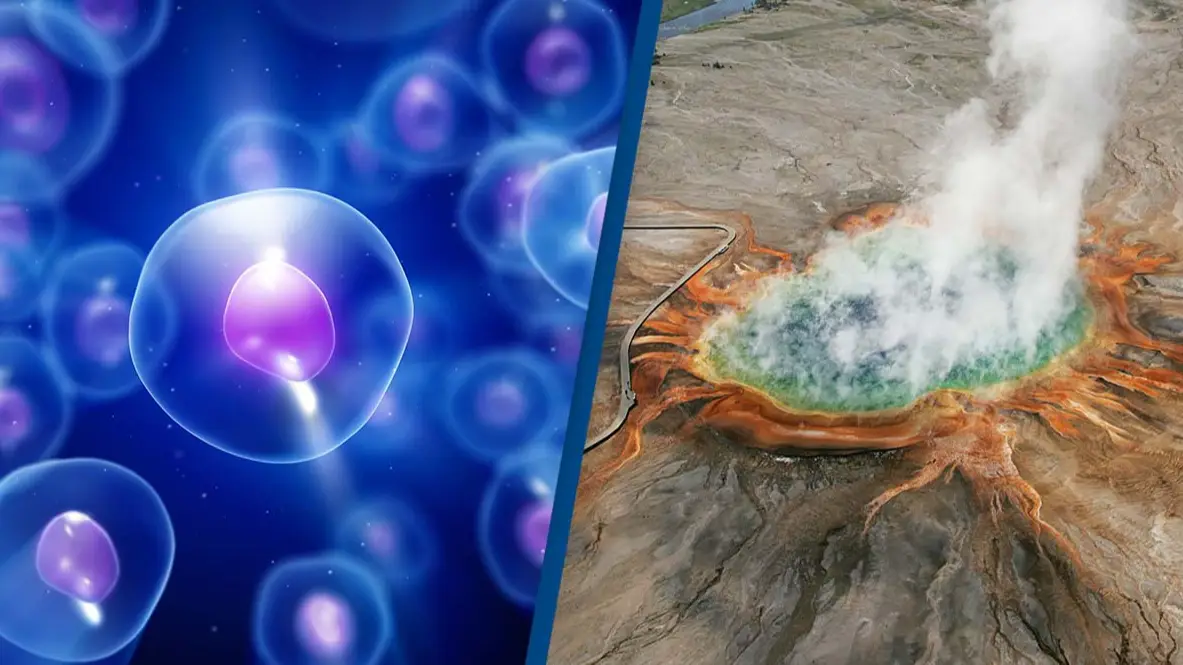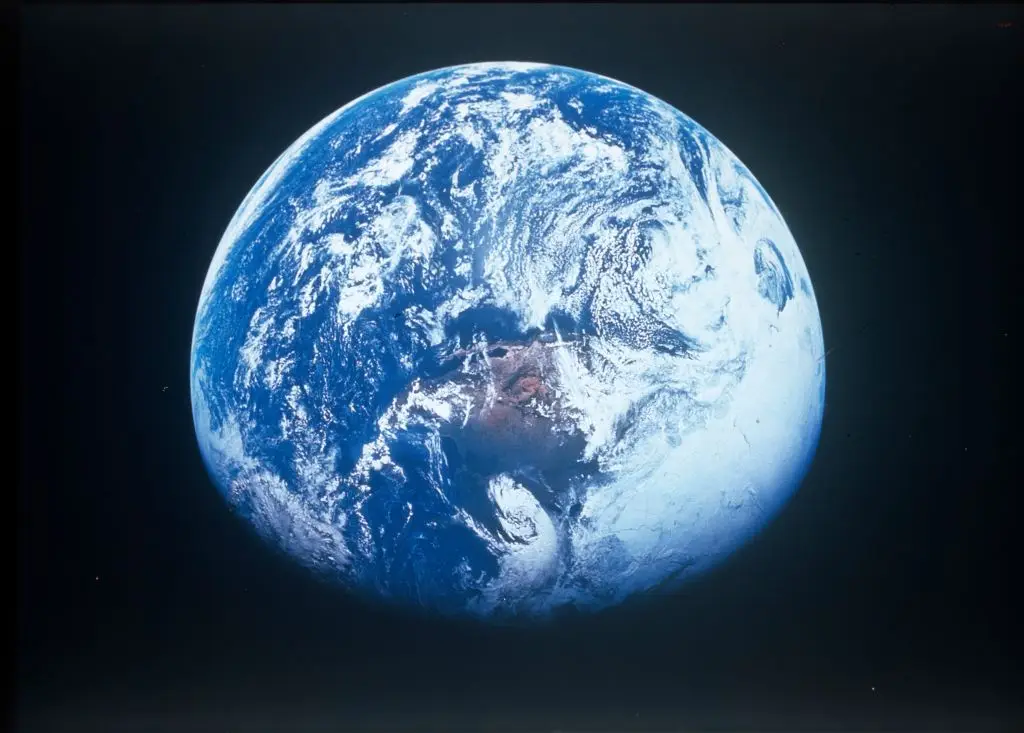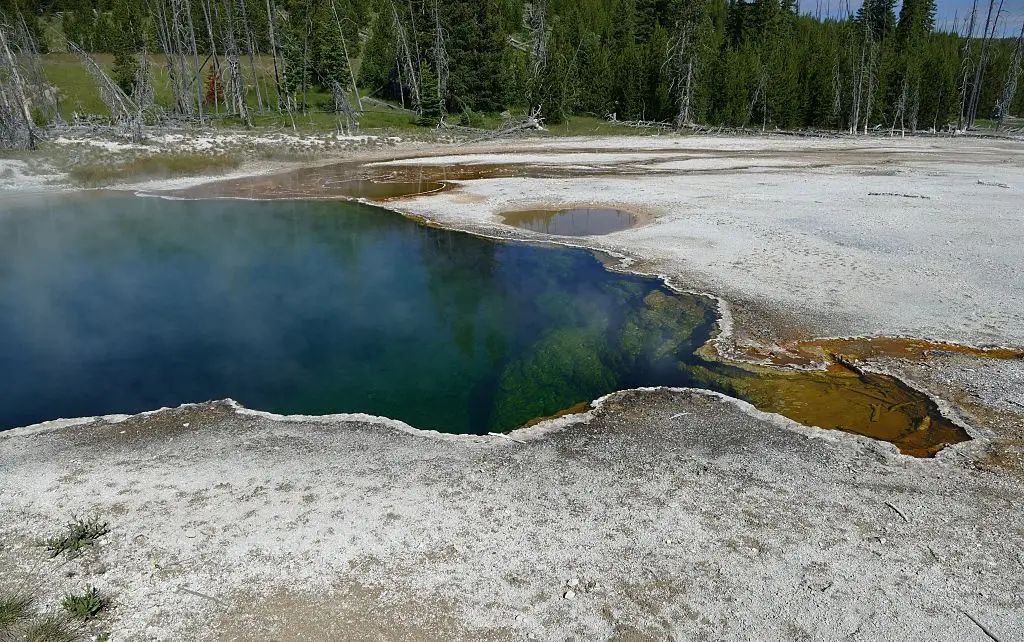
How life started on Earth is perhaps the biggest mystery ever.
But now, researchers think they may have cracked it - and it's pretty fascinating.
Buckle up, folks - we're about to get into some science.

Advert
According to a study published in the journal Nature Communications Earth & Environment, combining a number of different chemicals in very specific conditions may form organic molecules necessary to creating life.
Funded by the UK's Natural Environmental Research Council, the research saw a team of scientists from Newcastle University examine the first materials on Earth over 3.5 billion years ago.
They found that by combining hydrogen, bicarbonate and magnetite under very specific conditions resembling hot springs or mild hydrothermal vents, they could form fatty acids.
Still with us?
Fatty acids are long molecules made up of carbon atoms. Each molecule consists of a straight chain of carbon atoms, with hydrogen atoms along the length of the chain and at one end and a carboxyl group at the other end.
If you're desperately trying to remember scraps of chemistry lessons at this stage, the important thing is that these molecules are crucial for forming cell membranes in primal lifeforms.
In order to understand their significance, researchers re-created the chemical conditions found in Earth's oceans billions of years ago.
They found that when hydrogen-rich fluids mixed with carbon dioxide-rich water, alongside iron-based minerals, molecules that were critical in creating cell membranes were formed.
From this, they discovered that fatty acids may have formed in hydrothermal vents on Earth, after the hydrogen-rich water combined with carbon dioxide-rich seawater.
This could explain how membranes were formed in the early stages of life.

Lead author Dr Graham Purvis who conducted the study at Newcastle University said: “Central to life’s inception are cellular compartments, crucial for isolating internal chemistry from the external environment.
"These compartments were instrumental in fostering life-sustaining reactions by concentrating chemicals and facilitating energy production, potentially serving as the cornerstone of life’s earliest moments.
“The results suggest that the convergence of hydrogen-rich fluids from alkaline hydrothermal vents with bicarbonate-rich waters on iron-based minerals could have precipitated the rudimentary membranes of early cells at the beginning of life.
"This process engendered various membrane types, some potentially serving as life’s cradle when life first started.
"Moreover, this transformative process might have contributed to the genesis of specific acids found in the elemental composition of meteorites.”

Meanwhile, Principal Investigator Dr Jon Telling, Reader in Biogeochemistry at the School of Natural Environmental Sciences, added: “We think that this research may provide the first step in how life originated on our planet.
"Research in our laboratory now continues determining the second key step: how these organic molecules, which are initially ‘stuck’ to the mineral surfaces, can lift off to form spherical membrane-bounded cell-like compartments; the first potential ‘protocells’ that went on to form the first cellular life.”
Yes, 'spherical membrane-bounded cell-like compartments' is a bit of a mouthful, isn't it.
To cut a long story short, it's highly likely a crucial step in how life on Earth began took place in hydrothermal vents. Every day's a school day.
Topics: Life, World News
